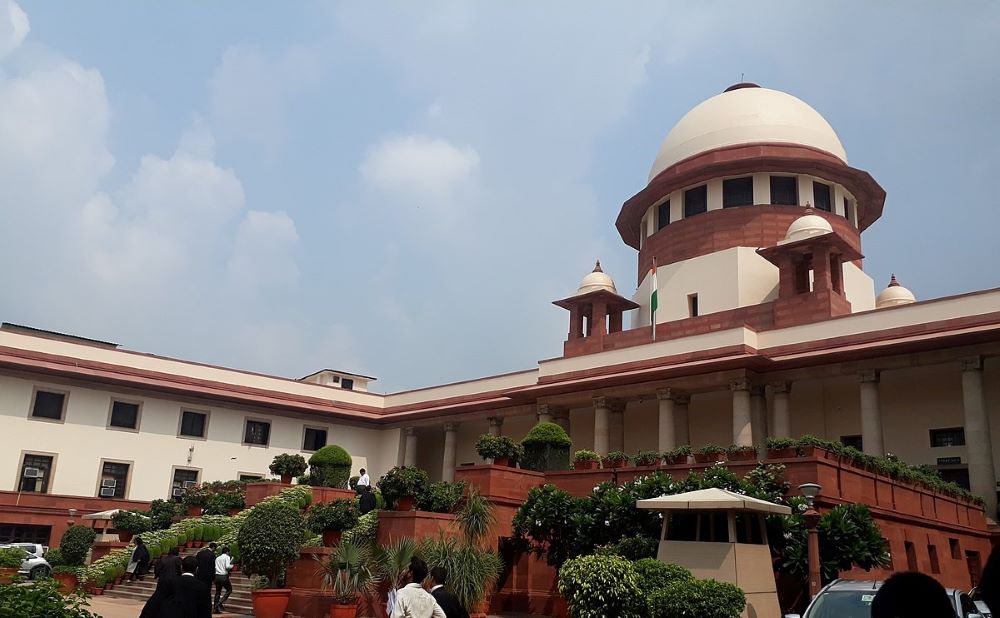Teesha
The Supreme Court pointed out that a court must be satisfied that a dying declaration is true and voluntary, and only then could it be the sole basis for conviction without corroboration.
The bench comprised of CJI NV Ramana, Justice Surya Kant and Justice Aniruddha Bose.
The Supreme Court observed this while adjudicating an appeal against an order of reversal of acquittal by the High Court of Karnataka.
In the order, the High court reversed the acquittal recorded by the Trial Court in the case of Jayamma & Anr. v. State of Karnataka, for this it relied upon the dying declaration made by the deceased.
Referring to the precedents like [ P.V. Radhakrishna. v. State of Karnataka, (2003) 6 SCC 443 , Sham Shankar Kankaria v. State of Maharashtra, (2006) 13 SCC 165, Chacko v. State of Kerala 2003) 1 SCC 112, Surinder Kumar v. State of Haryana (2011) 10 SCC 173], the court noted the following factors in the appeal to reverse the high court order,
- Interpolation in Dying Declaration
- The possibility of the victim not fit to give any statement owing to 80% burn injuries could not be ruled out.
- PW-2, son of the deceased himself has stated that his mother committed suicide as she could not bear that her another son had been sent to jail
- Contradictions in the statements of the police officer and the doctor with respect to the nature of injuries on palm.
- No endorsement of ‘Fit State of Mind’ before recording the dying declaration.
- Unusual conduct of relatives of not registering a complaint, which supported the alternate theory that the victim might have committed suicide.
- Prosecution had sufficient time to call a Judicial Magistrate to record the dying declaration, however, it failed to do so.
While reversing the order the Apex Court observed that “When the dying declaration has been recorded in accordance with law, and it gives a cogent and plausible explanation of the occurrence, the Court can rely upon it as the solitary piece of evidence to convict the accused.”
However the court also pointed out that “It is for this reason that Section 32 of the Evidence Act, 1872 is an exception to the general rule against the admissibility of hearsay evidence and its Clause (1) makes the statement of the decease admissible. Such statement, classified as a “dying declaration” is made by a person as to the cause of his death or as to the injuries which culminated to his death or the circumstances under which injuries were inflicted. A dying declaration is thus admitted in evidence on the premise that the anticipation of brewing death breeds the same human feelings as that of a conscientious and guiltless person under oath. It is a statement comprising of last words of a person before his death which are presumed to be truthful, and not infected by any motive or malice. The dying declaration is therefore admissible in evidence on the principle of necessity as there is very little hope of survival of the maker, and if found reliable, it can certainly form the basis for conviction.”

